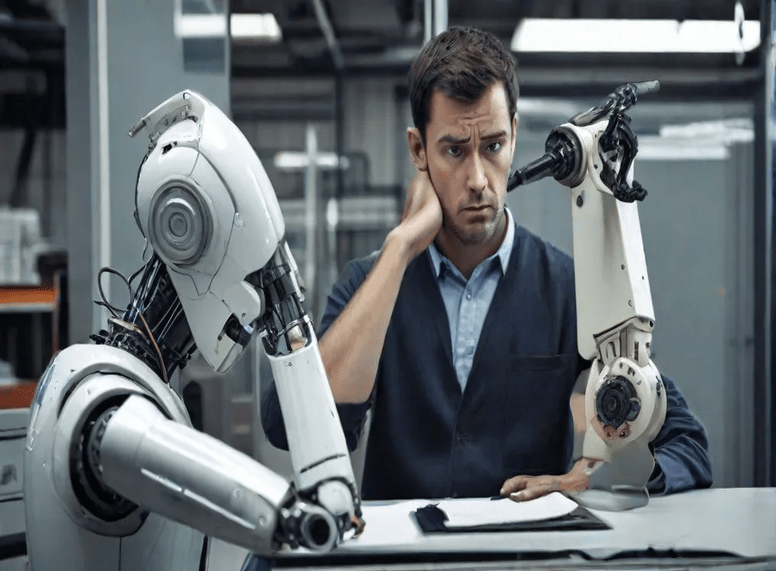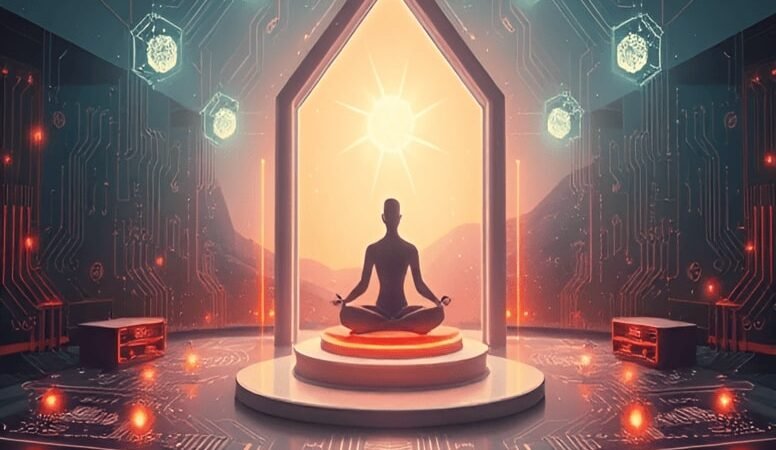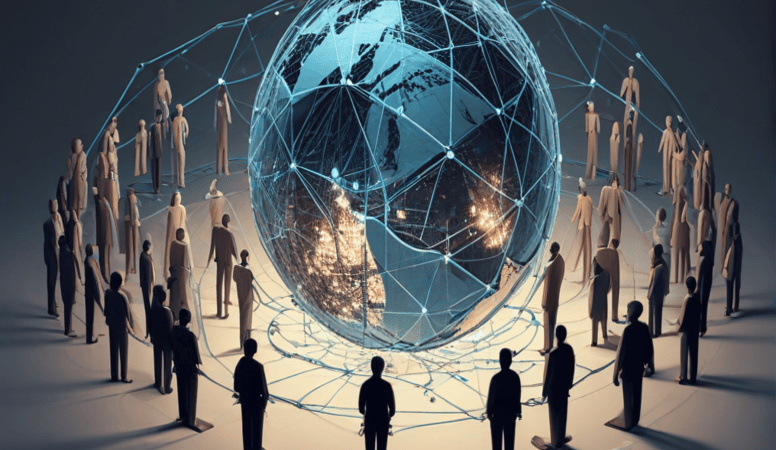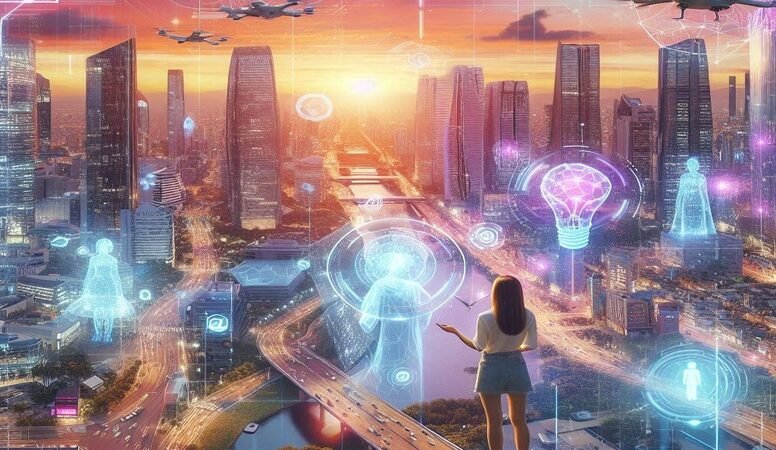AI replacing jobs is a growing concern across industries. While it automates repetitive tasks and boosts efficiency, it also raises concerns about job displacement. However, the rise of AI is not just a story of job loss—it’s also a story of transformation, innovation, and the emergence of new career opportunities.
How AI Is Creating Jobs, Not Just Replacing Them
Contrary to popular belief, AI is generating new job categories across industries. There’s a growing demand for AI professionals such as machine learning engineers, data scientists, cybersecurity experts, and AI ethicists. These roles are critical in designing, maintaining, and securing intelligent systems that are now part of everyday business operations.
Future-Proof Skills in an AI-Driven World
To stay competitive in an evolving job market, professionals must upskill. Key technical skills include coding, data analytics, machine learning, and digital literacy. But soft skills are just as important. Critical thinking, creativity, and adaptability are becoming vital as humans work alongside intelligent machines. The future belongs to those who embrace continuous learning.
Industries Most Affected by AI Transformation
AI is impacting industries differently:
- Manufacturing & Logistics: These sectors are experiencing significant automation. Robots and AI-powered systems are replacing repetitive tasks, reducing the need for manual labor. However, this shift also creates new opportunities for those with technical know-how to manage and maintain these systems.
- Healthcare: In contrast, AI is enhancing healthcare rather than replacing jobs. AI supports professionals with tools for diagnosis, predictive analysis, and personalized treatment, allowing doctors and nurses to focus more on patient care.
- Education & Retail: These sectors are slowly adopting AI for personalization and customer engagement, with minimal disruption to existing roles—yet they benefit from improved efficiency and service delivery.
Combating Job Displacement: A Shared Responsibility
To reduce the negative impact of automation, a joint effort is needed from governments and corporations.
Government Actions
Governments must invest in reskilling and upskilling initiatives. Policies should encourage vocational training and digital education, especially for industries most affected by automation. Financial support and incentives for individuals and businesses can ease the transition to future-ready jobs.
Corporate Responsibility
Companies should prioritize employee development. This means offering training programs, sponsoring online courses, and collaborating with educational institutions to develop relevant skill-building curriculums. By nurturing internal talent, businesses can future-proof their workforce and close the skills gap.
The Future of Work: Human + AI Collaboration
The future of work is not about man versus machine—it’s about man with machine. AI should be seen as an enhancer, not a threat. With the right mindset and tools, workers can use AI to increase productivity, spark innovation, and deliver better results.
Lifelong Learning: The New Career Mantra
In an AI-powered economy, lifelong learning isn’t optional—it’s essential. To stay relevant, workers must continuously update their skills, explore new technologies, and be open to change. The ability to learn and adapt will be the most valuable skill of all.
Conclusion: A Balanced Approach to AI and Employment
AI’s impact on the job market is a blend of challenges and opportunities. While certain roles may be automated, countless new ones will emerge. The key lies in preparation. Governments, organizations, and individuals must work together to ensure a smooth transition. By investing in skills development and embracing AI as a collaborative tool, we can build a more resilient, innovative, and inclusive future of work.








